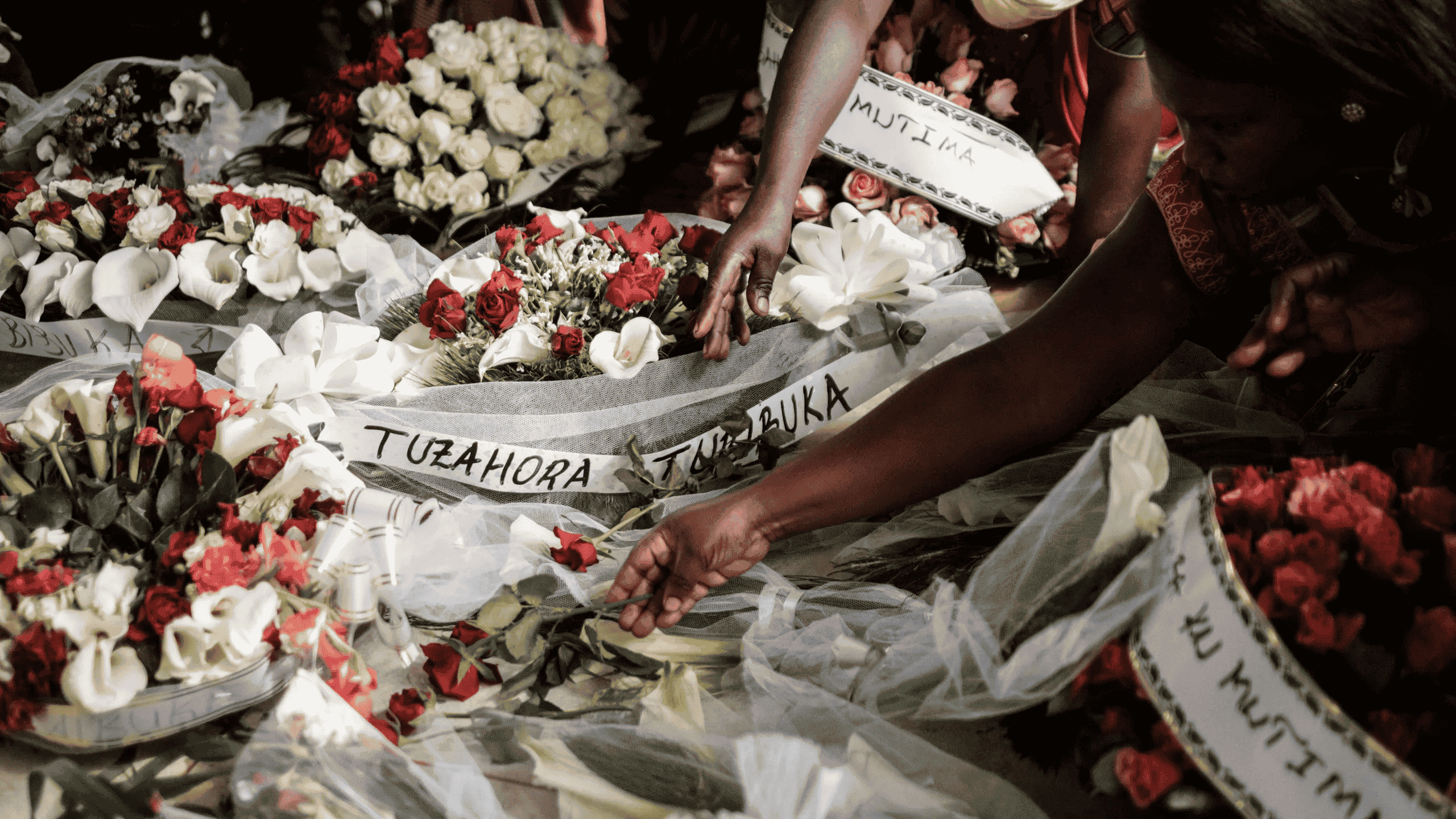Reflections and Legacy
Importance of Recognizing Gendered Violence in Genocide
Understanding gendered violence as an integral part of genocide studies is crucial for grasping the full scope of these atrocities. Sexual violence during genocides is not incidental—it is a deliberate strategy used to terrorize individuals, dismantle communities, and erase cultural identities. By examining the gendered dimensions of the Rwandan Genocide and the Holocaust, this project highlights how women were uniquely targeted as part of broader genocidal campaigns. Recognizing these crimes not only honors the experiences of survivors but also ensures a more comprehensive understanding of genocide’s far-reaching impacts on individuals, families, and societies.
Legacy and Modern Implications
The recognition of gendered violence in genocide has had profound implications for human rights and international law. The groundbreaking acknowledgment of rape as a genocidal act during the International Criminal Tribunal for Rwanda (ICTR) set a precedent that continues to influence global justice frameworks. Similarly, revisiting overlooked aspects of the Holocaust has prompted deeper conversations about how gendered atrocities are documented and remembered.
However, challenges remain. Survivors of sexual violence often face stigma, trauma, and barriers to justice, while many instances of gendered violence in conflicts worldwide still go unrecognized or unprosecuted. The international community must continue to prioritize the prosecution of these crimes, improve support for survivors, and invest in prevention efforts to address the root causes of gendered violence in conflict zones.
Call to Action
Education and advocacy are powerful tools for change. I encourage you to learn more about the histories and legacies of genocides, specifically the experiences of women and marginalized groups. Support organizations working to combat gendered violence in conflict zones, provide resources to survivors, and promote gender equity and human rights. Together, we can honor the past while working toward a future where such atrocities are never repeated.
